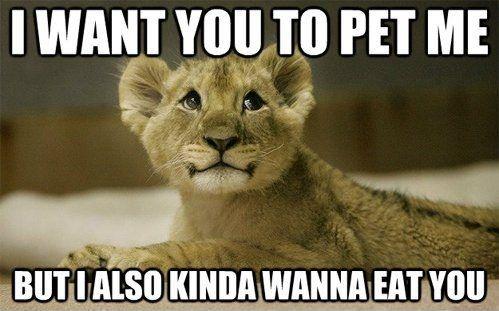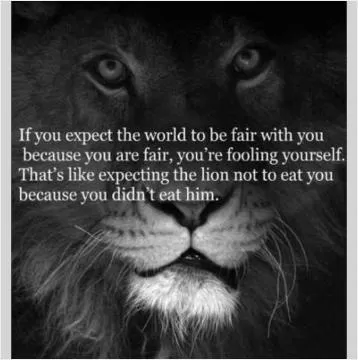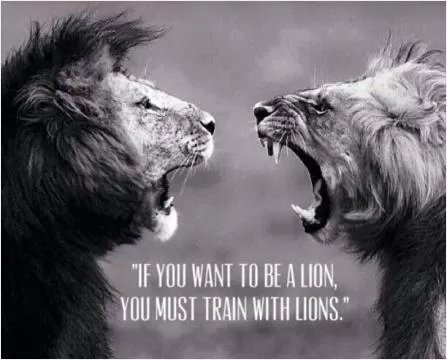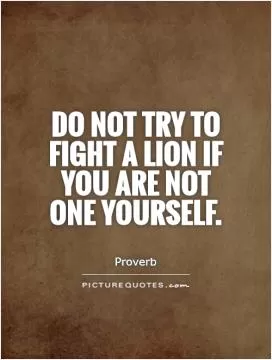I want you to pet me, but I also kinda wanna eat you

I want you to pet me, but I also kinda wanna eat you
The lion is often referred to as the king of the jungle, a majestic and powerful creature that commands respect and admiration. With its golden mane and fierce roar, the lion is a symbol of strength and courage. But beneath its regal exterior lies a complex and fascinating creature with a range of emotions and instincts.One of the most intriguing aspects of the lion's behavior is its contradictory nature when it comes to interacting with humans. On one hand, lions are known to be affectionate and social animals, forming close bonds with members of their pride and engaging in playful behaviors such as grooming and nuzzling. They enjoy physical contact and seek out affection from their fellow pride members, often engaging in mutual grooming sessions to strengthen social bonds and maintain a sense of unity within the group.
However, this desire for physical contact and affection can sometimes take a darker turn when it comes to interactions with humans. While lions are not typically aggressive towards humans, there have been instances where captive lions have exhibited behavior that suggests a desire to assert dominance or establish their territory. In these cases, the lion may display signs of aggression or territoriality, such as growling, snarling, or even attempting to bite or attack a human who gets too close.
This conflicting desire for affection and aggression is perhaps best exemplified by the phrase, "I want you to pet me, but I also kinda wanna eat you." It captures the dual nature of the lion's instincts, the push and pull between its desire for companionship and its primal urge to hunt and assert dominance. While most lions are content to coexist peacefully with humans, there is always a lingering sense of danger and unpredictability when it comes to interacting with these powerful predators.












 Friendship Quotes
Friendship Quotes Love Quotes
Love Quotes Life Quotes
Life Quotes Funny Quotes
Funny Quotes Motivational Quotes
Motivational Quotes Inspirational Quotes
Inspirational Quotes